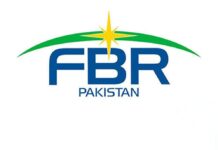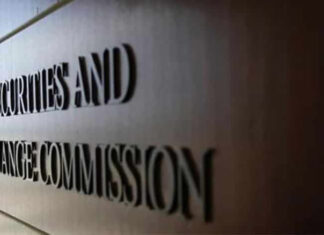Pakistan’s headline inflation dropped to 3.2% year-on-year (YoY) in June 2025, down from 3.5% recorded in May and significantly lower than 12.6% in the same month last year, according to the latest data released by the Pakistan Bureau of Statistics (PBS) on Tuesday.
On a month-on-month (MoM) basis, inflation rose marginally by 0.2% in June, compared to an increase of 0.5% in May 2025.
As a result, the average national inflation for the full fiscal year 2024–25 (12MFY25) stands at 4.49%, sharply lower than the 23.41% average recorded during FY24. This reflects a notable shift in Pakistan’s inflation trajectory, driven by a stable exchange rate, lower global commodity prices, improved domestic food supplies, and tighter monetary policy.
Urban consumer price index (CPI) inflation slowed to 3.0% YoY in June, down from 3.5% in May and 14.9% in June 2024. On a monthly basis, urban inflation remained stable at 0.1% for the second consecutive month.
In contrast, rural CPI inflation increased to 3.6% YoY in June, up from 3.4% in May but still significantly lower than 9.3% in June 2024. On a MoM basis, rural inflation rose by 0.5% in June, following a 0.5% decline in May.
The Sensitive Price Index (SPI), which measures price movements of essential consumer items on a weekly basis, registered a YoY deflation of 1.9% in June 2025, compared to -0.6% in May and an inflation of 16.6% in June 2024. On a MoM basis, SPI remained unchanged in June after declining by 1.0% a month earlier.
Wholesale Price Index (WPI) inflation edged up slightly to 0.6% YoY in June from 0.4% in May, significantly down from 10.6% in the same month last year. On a MoM basis, WPI inflation also rose by 0.6% compared to no change in the previous month.
The disinflationary trend is being closely watched by monetary policymakers as it reinforces expectations of further easing in the policy rate in the coming months. However, analysts note that risks remain in the form of fiscal pressures, energy price adjustments, and global commodity market volatility.























